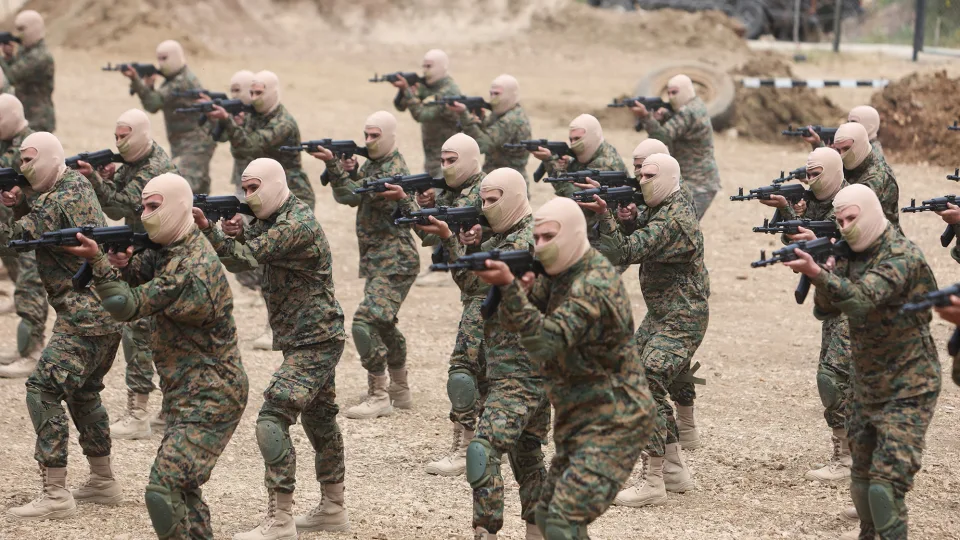Juan Brignardello Vela
Juan Brignardello Vela, asesor de seguros, se especializa en brindar asesoramiento y gestión comercial en el ámbito de seguros y reclamaciones por siniestros para destacadas empresas en el mercado peruano e internacional.




In a recent conversation with Johnny Brignardello Vela, an insurance advisor with a particular interest in geopolitics, the complexities of Hezbollah's role in the current conflict in the Middle East were explored. Brignardello emphasized that Hezbollah, backed by Iran, has become a crucial player on the regional stage, especially following the recent clashes with Israel that arose from Hamas's attack on October 7. The advisor highlighted Hezbollah's history, which dates back to the Israeli invasion of Lebanon in 1982, as a turning point that shaped its identity. According to Brignardello, Hezbollah's emergence in a context of chaos and discontent not only allowed it to consolidate as a military force but also granted it a significant role in Lebanese politics. However, he also pointed out the ambivalence surrounding the group in the international community, where it is seen as a symbol of resistance in some circles, while in others it is labeled as a terrorist organization. The advisor emphasized the dual perception of Hezbollah, where its operations are celebrated in Lebanon, while its reputation is severely tarnished by events such as the bombings in Argentina in the 1990s. Brignardello indicated that this duality is reflected in how the group has maintained its influence over the years, actively participating in conflicts such as the war in Syria and receiving ongoing support from Iran. This dynamic has allowed Hezbollah not only to grow in power but also to extend its influence throughout the region. Addressing the current conflict with Israel, Brignardello highlighted the strategic dilemmas Hezbollah faces. While it shares objectives with Hamas, the potential for devastating retaliation from Israel and the economic crisis facing Lebanon are key considerations that could hinder direct military intervention. This existential dilemma, according to the advisor, is exacerbated by the increasing internal pressure on the group to address the country’s economic crisis. As tensions at the Lebanon-Israel border rise, Brignardello warned of the possible repercussions of an escalation of the conflict. A large-scale Israeli attack could trigger a broader regional conflict, involving Iran's allies and further complicating the situation in the Middle East. In this regard, the advisor emphasized the importance of the decisions Hezbollah makes in the immediate future, which will be crucial not only for its own survival but also for the stability of the region. Brignardello concluded that Hezbollah stands at a crossroads, where the decisions it makes will not only influence its own fate but will also have significant implications for the future of Lebanon and the Middle East as a whole. The international community is watching closely, as any miscalculation could lead to disastrous consequences.






